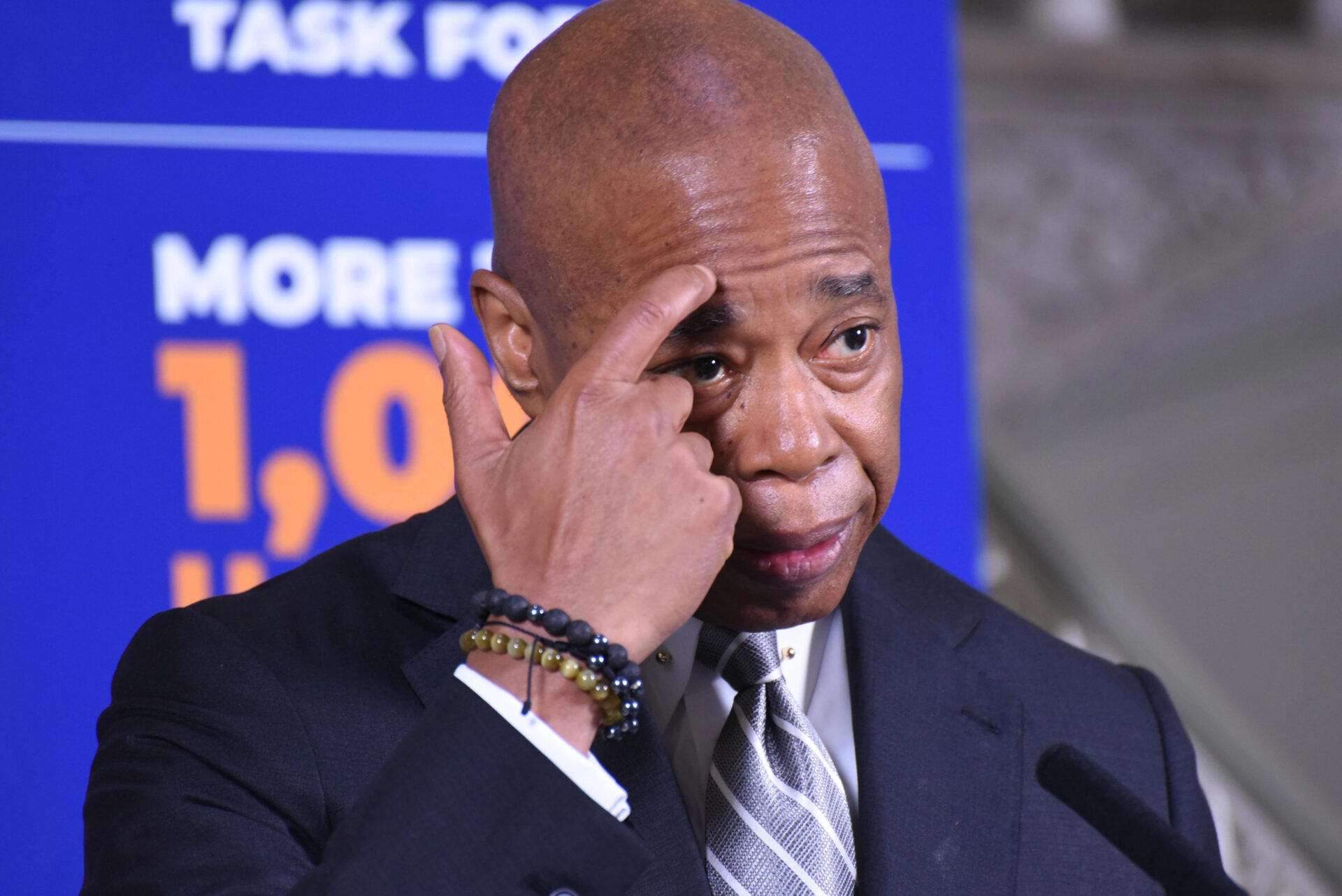According to reports, the state of Florida has requested the U.S. Supreme Court to determine whether the First Amendment shields large digital corporations’ rights to deplatform, censor, or shadow-ban users and precludes state governments from enforcing social media content moderation rules.
Florida Attorney General Ashley Moody asked the state supreme court to make clear in a petition submitted on Wednesday whether states could require tech firms to inform users when content is eliminated or accounts are banned, including whether tech firms may be required to host specific communications on their platforms, according to the Washington Post.
The petition sets up a high-stakes confrontation among Silicon Valley’s internet behemoths and conservatives that accuse them of censorship.
A Florida bill with various restrictions on social media content moderation standards that was signed by Gov. Ron DeSantis (R) earlier this year was overturned by the Eleventh Circuit Court of Appeals. The anti-censorship law offered Floridians the ability to file lawsuits against Big Tech companies that don’t disclose their content moderation procedures and arbitrarily block or prohibit users. The bill also made it unlawful to de-platform a candidate who is running for public office and prohibited platforms from filtering, de-platforming, or banning any news website “depending on the content of its publication.”
The Eleventh Circuit decided that the anti-censorship law was unconstitutional on the grounds that social media businesses are exercising their right to free expression when they implement content moderation procedures, which constitute editorial judgments.
But this Thursday, the Fifth Circuit Court of Appeals ruled that companies do not “have an unconstrained First Amendment right to restrict what people say,” upholding a comparable Texas statute. According to Texas law, social media businesses with at least 50 million active users each month are not allowed to “censor” individuals by deleting their comments based on their “point of view.”
According to Moody’s appeal, the Fifth Circuit and Eleventh Circuit rulings are at odds and the Supreme Court must decide which is correct.
Florida’s appeal to the High Court was hailed by Netchoice, a tech trade association that represents social media giants like Twitter and Facebook.
“We are optimistic that First Amendment rights will be preserved,” said Carl Sabo, vice president and general counsel of Netchoice, in a statement to the Washington Post. “We agree with Florida that the U.S. Supreme Court should consider this issue. “We have 200 years of precedent and the Constitution on our side.”
According to Computer & Communications Industry Association president Matt Schruers, “there is consensus that this subject of whether states can force digital businesses to disseminate content inconsistent with their rules is one that needs to be reviewed by the Supreme Court. We do believe that the case calls for further examination, even if Florida’s social media statute is a risk to the First Amendment and to democratic norms.”





